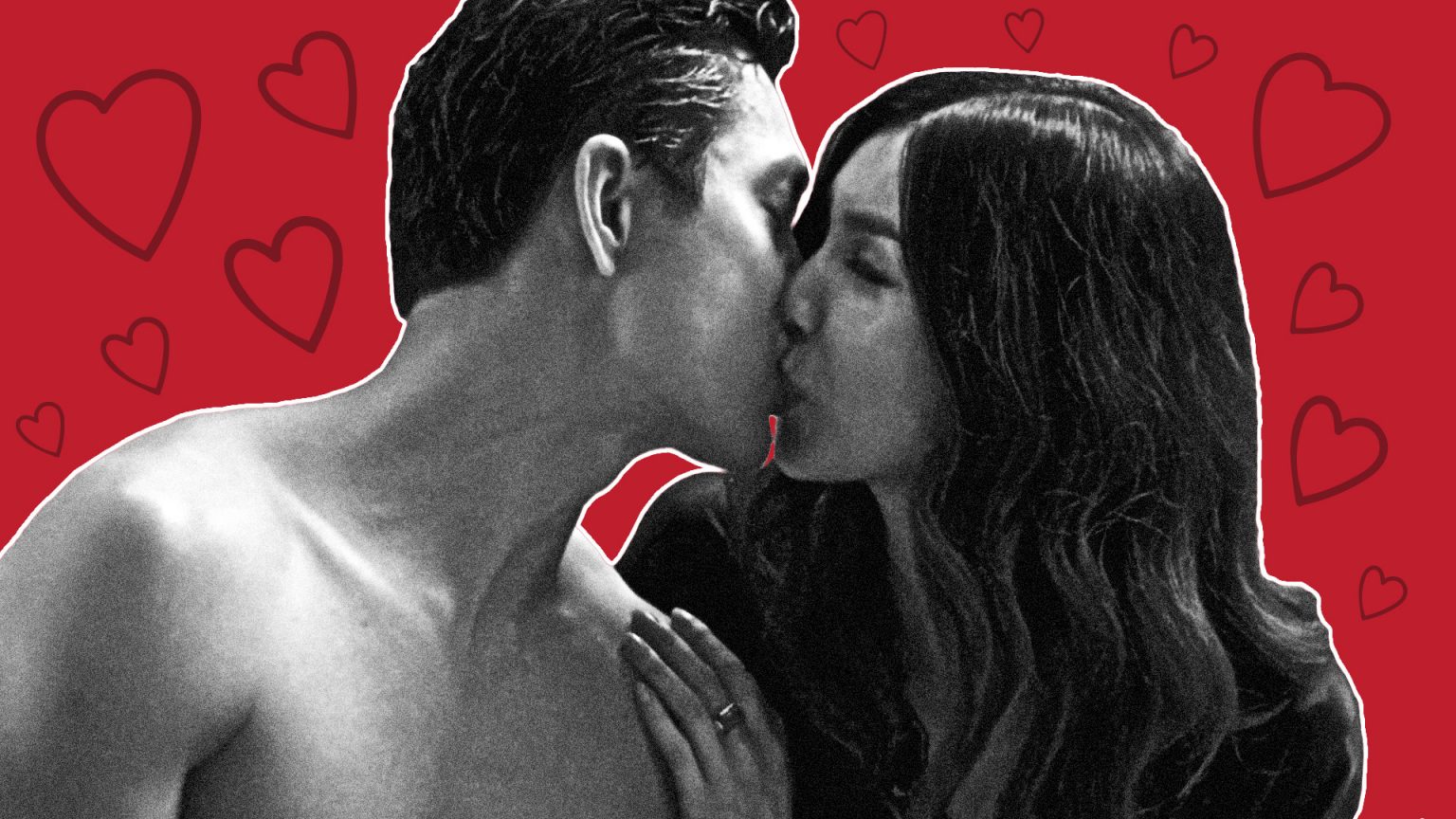Name your favorite romantic comedy pairings. Your list might include Meg Ryan and Billy Crystal in When Harry Met Sally…or Meg Ryan and Tom Hanks in You’ve Got Mail…or Meg Ryan and just about anyone because, you know, she’s wonderful. Maybe you were a Julia Roberts fan and prefer Notting Hill, My Best Friend’s Wedding, or Pretty Woman. Or if you like your romantic comedies to be reimaginings of classic texts you might prefer Clueless, Bridget Jones’ Diary, or 10 Things I Hate About You. But, in sifting through the sea of “meet-cutes,” silly misunderstandings, swoon-worthy moments, and beautifully shot kisses, there is one thing that becomes overwhelmingly clear: Apparently, only white people seem to fall in love.
Today marks the release of one of the most highly anticipated romantic comedies in some time, Crazy Rich Asians, the big-screen adaptation of Kevin Kwan’s 2013 bestseller of the same name about two star-crossed lovers set mostly in Singapore. And you might have noticed that it differs from the films above in one big way: It is not centered on a white couple. This film will feature the first predominantly Asian cast in a major Hollywood film in over twenty-five years.
This film is part of a growing trend that first started taking shape on television, where shows like The Mindy Project, Master of None, Insecure, Jane the Virgin, and many more featured people of color at the center of romantic comedy tropes. Falling in love is no longer something only white twentysomethings get to do on screen.
On the film front, besides Crazy Rich Asians, this year has seen films like Set It Up, Overboard, and Love, Simon (the first film by a major Hollywood studio to focus on a gay teenage romance) all moved away from all-white romantic pairings.
And this is an important shift. Some might ask why it matters that romantic comedy (often deemed with barely veiled contempt as “chick flicks”), feature people of color—some might even doubt the importance of the genre, entirely. But romantic comedies are an important part of our culture and to truly reclaim them, we must first disavow the term “chick flick.” This word devalues stories about women and stories that embrace the “female gaze.” Male-centered stories featuring similar tropes are not treated the same. Romantic comedies, and the filmmakers who make them, have as much a right to positive labels, like “auteurism” as any other genre, or filmmaker. This is particularly important because it is a genre that focuses on women, and because (as Hollywood constantly needs reminding) actresses have still yet to reach on-screen parity with their male counterparts.
Beyond this, there is plenty of research that has looked at the ways that media’s representation of relationships affects how we form them. This information can be combined with the research on the damaging effects of the lack of representation in media. Whether intentional or not, when films solely equate love with whiteness, it implies that people of color have no space in that conversation. This reinforces the problematic racial biases that exist in dating and in beauty standards. By finally allowing people of color to be front-and-center in these stories, we get to finally see representations of ourselves in love.
Luckily, this trend seems to be picking up. Later this week, Netflix will release To All the Boys I’ve Loved Before, based on the YA novel with the same name, starring Lana Condor, a young Vietnamese-American actress. This fall Jennifer Lopez will be making her return to the genre with the film Second Act, a film about a woman who reinvents herself to snag her dream job. Already on the slate for next year is the film What Men Want, a reimagining of the 2000 hit What Women Want, with the roles reversed, and starring Taraji P. Henson. Hopefully, this trend will continue and there will be more romantic comedies with people of color at their center. For now, you should go out and buy a ticket, or ten, to go see Crazy Rich Asians. Who knows, your next favorite romantic comedy pairing might be Constance Wu and Henry Golding.




